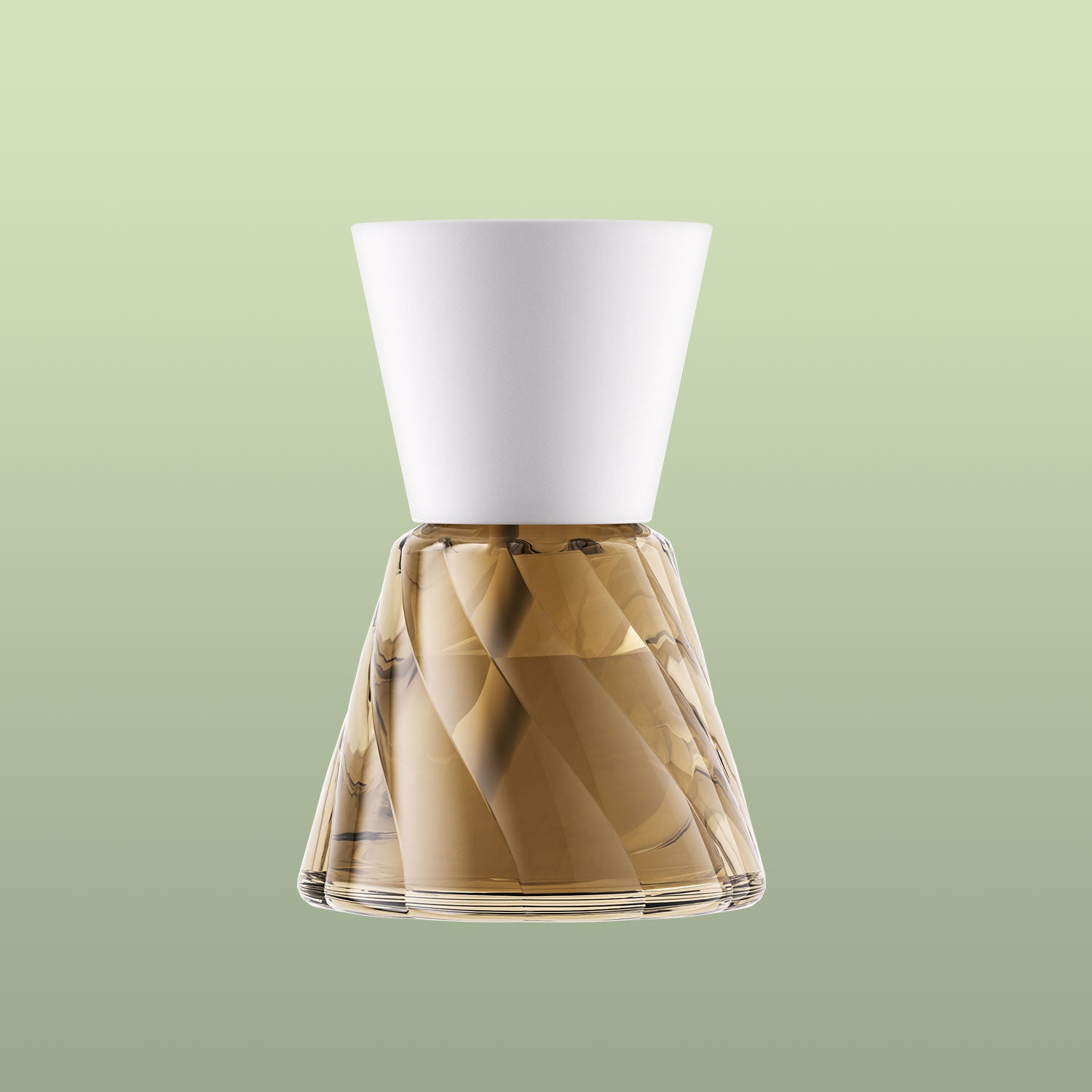Sunshine is often associated with happiness and positivity. A bright, sunny day can lift our spirits and make us feel good. But sunshine isn't just good for our mood - it's also important for our mental health. Exposure to sunlight has been linked to a variety of mental health benefits, including improved mood, reduced stress, and increased cognitive function. Unfortunately, many people spend a significant amount of time indoors, away from the sunshine. This lack of exposure to sunlight can have negative effects on mental health. In this article, we'll explore the link between sunshine and mental health, and why opening the curtains is so important.
The Science of Sunlight and Mental Health?
Sunlight plays an important role in regulating our body's internal clock, known as the circadian rhythm. The circadian rhythm is a 24-hour cycle that influences our sleep-wake cycle, hormone production, and other bodily functions. Exposure to sunlight helps to reset our circadian rhythm, keeping it in sync with the natural day-night cycle. This is why many people feel more alert and energized during the day and more tired at night.
In addition to regulating our circadian rhythm, sunlight also affects the production of neurotransmitters in the brain. Neurotransmitters are chemicals that transmit signals between nerve cells in the brain. Certain neurotransmitters, such as serotonin and dopamine, are associated with feelings of happiness and well-being. Exposure to sunlight can increase the production of these neurotransmitters, which can improve mood and reduce symptoms of depression.
Sunlight has also been shown to reduce stress and anxiety. Studies have found that exposure to natural light can decrease cortisol, a hormone that is released in response to stress. Cortisol levels tend to be higher in people who are chronically stressed or anxious, and can contribute to a variety of physical and mental health problems. By reducing cortisol levels, sunlight can help to alleviate stress and anxiety.
Finally, sunlight is important for cognitive function. Studies have found that exposure to natural light can improve concentration, memory, and overall cognitive performance. This may be due to the fact that sunlight helps to regulate the production of melatonin, a hormone that plays a role in sleep and wakefulness. When our melatonin levels are in balance, we tend to be more alert and focused during the day.
The Negative Effects of Sunlight Deprivation
Unfortunately, many people spend a significant amount of time indoors, away from the sunshine. This can have negative effects on mental health. Sunlight deprivation has been linked to a variety of mental health problems, including depression, anxiety, and seasonal affective disorder (SAD). SAD is a type of depression that is associated with the changing seasons. It typically occurs during the fall and winter months, when days are shorter and there is less sunlight.
In addition to mental health problems, sunlight deprivation has been linked to physical health problems, including vitamin D deficiency. Vitamin D is a nutrient that is produced by the body in response to sunlight. It is important for bone health, immune function, and other bodily processes. Vitamin D deficiency has been linked to a variety of health problems, including osteoporosis, heart disease, and certain types of cancer.
Why Opening the Curtains is Important?
Given the important role that sunlight plays in mental and physical health, it is important to find ways to incorporate more natural light into our lives. One simple way to do this is to open the curtains. By letting in natural light, we can improve our mood, reduce stress, and improve cognitive function.
Of course, opening the curtains isn't always practical. For people who work in windowless offices or live in areas with little natural light, it may be difficult to get enough exposure to sunlight. In these cases, it may be helpful to invest in artificial light sources that mimic natural light, such as daylight lamps or light therapy boxes. These devices can provide many of the same benefits as natural sunlight, and can be used even on cloudy or rainy days.
Another way to incorporate more natural light into our lives is to spend more time outside. This can be as simple as taking a walk during lunch break or spending time in a park or green space. Being outdoors not only provides exposure to sunlight, but also has been linked to a variety of other mental health benefits, including reduced stress and increased feelings of well-being.
In addition to opening the curtains and spending time outside, there are other ways to promote exposure to natural light. For example, using light-colored or sheer curtains can help to let in more natural light, as can removing obstacles or furniture that block windows. It may also be helpful to spend time in rooms that have more windows or natural light, such as a sunny kitchen or living room.
Conclusion
Sunlight plays a critical role in our mental and physical health. Exposure to natural light can improve mood, reduce stress, and improve cognitive function. Unfortunately, many people spend a significant amount of time indoors, away from the sunshine. This can have negative effects on mental and physical health, including depression, anxiety, and vitamin D deficiency.
To promote exposure to natural light, it is important to find ways to incorporate more sunlight into our lives. This can be as simple as opening the curtains or spending more time outside. Artificial light sources, such as daylight lamps or light therapy boxes, can also be helpful for those who have limited access to natural light. By making a conscious effort to prioritize exposure to sunlight, we can improve our mental and physical health and enhance our overall well-being.





















Leave a comment
All comments are moderated before being published.
This site is protected by hCaptcha and the hCaptcha Privacy Policy and Terms of Service apply.